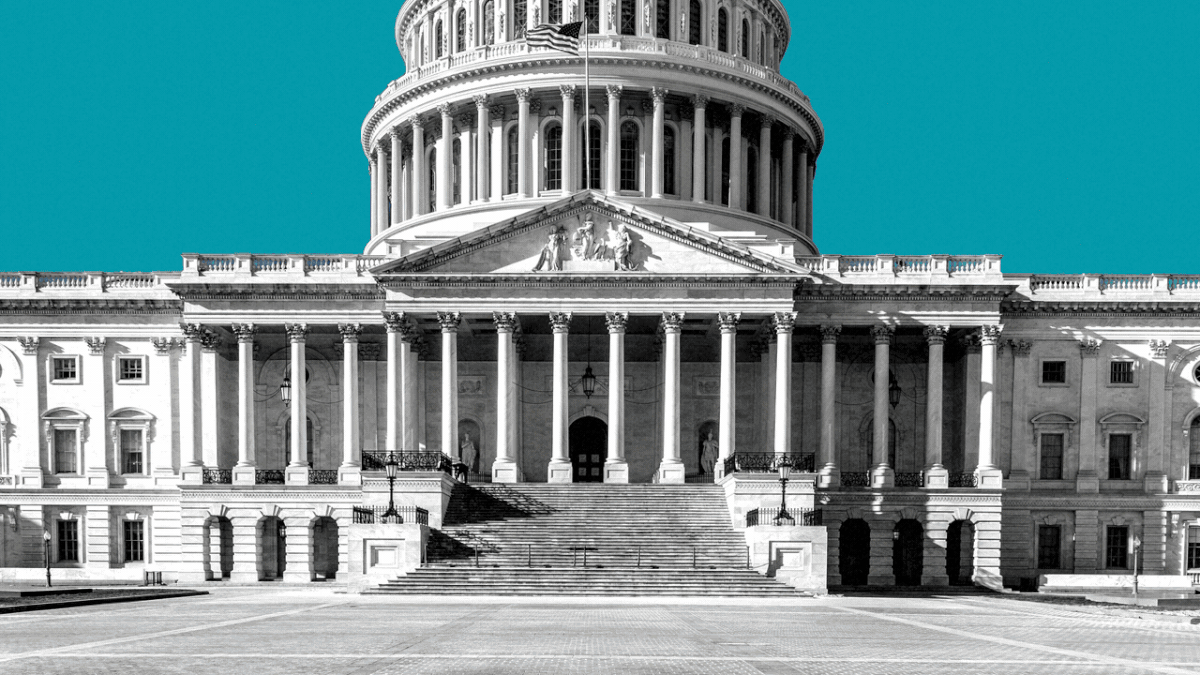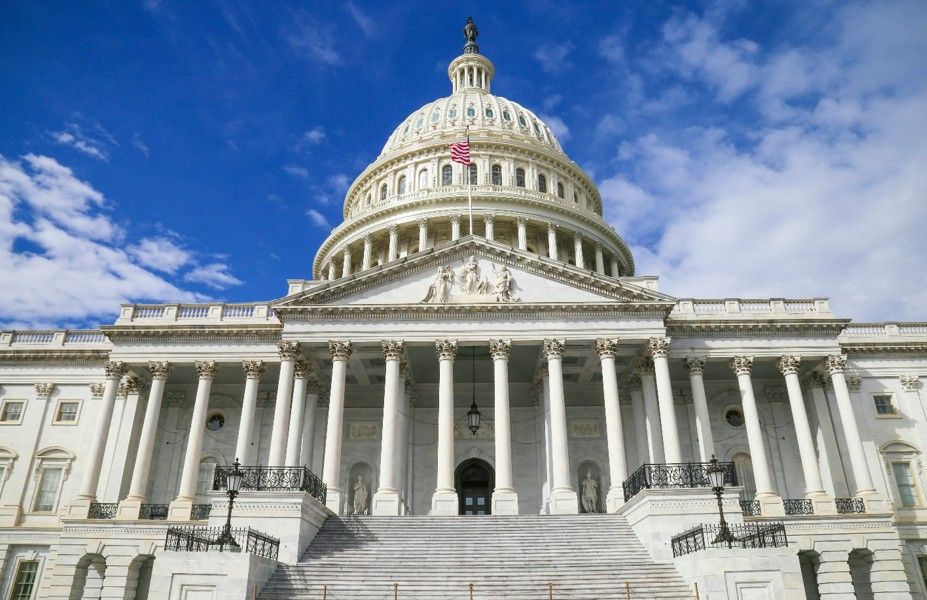Government
New California law increases regulations on debt collection

A new law in California went into effect July 1, increasing regulations on business-to-business transactions by broadening consumer protection laws to include the commercial debts of small businesses. While credit professionals with customers in California are familiar with the RFDCPA, the newly expanded scope of the law places commercial creditors in unfamiliar terrain, prompting the need to reconsider California debt collection practices.
California Senate Bill 1286, signed into law by Governor Gavin Newsom in September 2024, expands the scope of the Rosenthal Fair Debt Collection Practices Act (RFDCPA). The RFDCPA was initially designed to expand existing prohibitions against debt collectors and, unlike the Fair Debt Collection Practices Act (FDCPA), it applies to creditors collecting their own debts in their name and third-party collectors or attorneys collecting debts on another’s behalf.
The newly expanded law offers new protections to individuals who have a personal guarantee on their business’s debts, extending consumer debt collection protections to individuals with commercial debts up to $500,000. The law revises the definition of “delinquent debt” to mean covered debt, other than mortgage debt, and specifies that these provisions apply to all delinquent covered commercial debt sold or assigned after July 1.
A covered commercial credit transaction is a “transaction between a person and another person in which a total value of no more than five hundred thousand dollars ($500,000), is acquired on credit by that person from the other person for use primarily for other than personal, family, or household purposes,” according to updated California civil codes.
The expanded RFDCPA applies to all business debtors. “While many of the key aspects of SB 1286 pertain to ‘natural persons’ such as sole proprietors, partnerships and personal guarantors for corporate debt, the law also protects corporations, limited liability companies, and any other business organization in instances of identity theft claims,” writes Chris Ng, managing partner at Gibbs Giden Locher Turner Senet & Wittbrodt LLP (Westlake Village, CA).
It is unclear if the law applies to traditional trade creditors, businesses that extend credit in connection with the sale of goods or the short-term lease of equipment, as they don’t fall within the three categories, lenders, commercial financing providers or debt collectors, mentioned in the bill.
“Some ambiguity remains, and we continue to approach SB 1286 with caution,” Ng wrote. “In parallel, we are actively assisting with efforts to obtain legislative clarification that would expressly exclude trade creditors and equipment lessors from the scope of the statute.”
Under the new law, businesses will be more susceptible to lawsuits as routine transactions must adhere to the new guidelines laid out in SB 1286. The remedies to RFDCPA violations are the same as remedies for FDCPA violations; the debtor is allowed to assert their own private right of action. The RFDCPA provides statutory damages from $100 to $1,000 per violation.
The bottom line: The ambiguity in SB 1286 and continued legislative efforts to alter the parameters of the bill may spark concerns among credit professionals with customers in California. New requirements prompt the need for commercial creditors to reconsider California debt collection practices.





